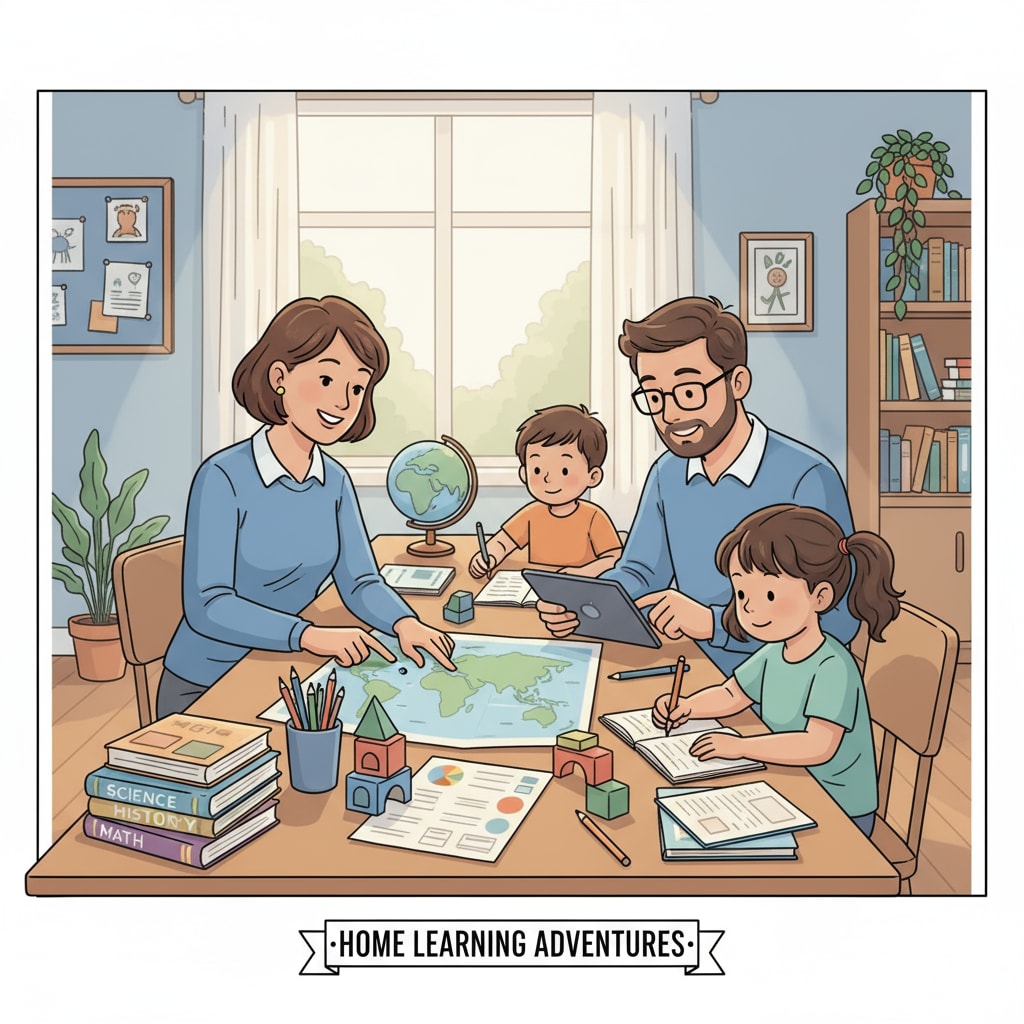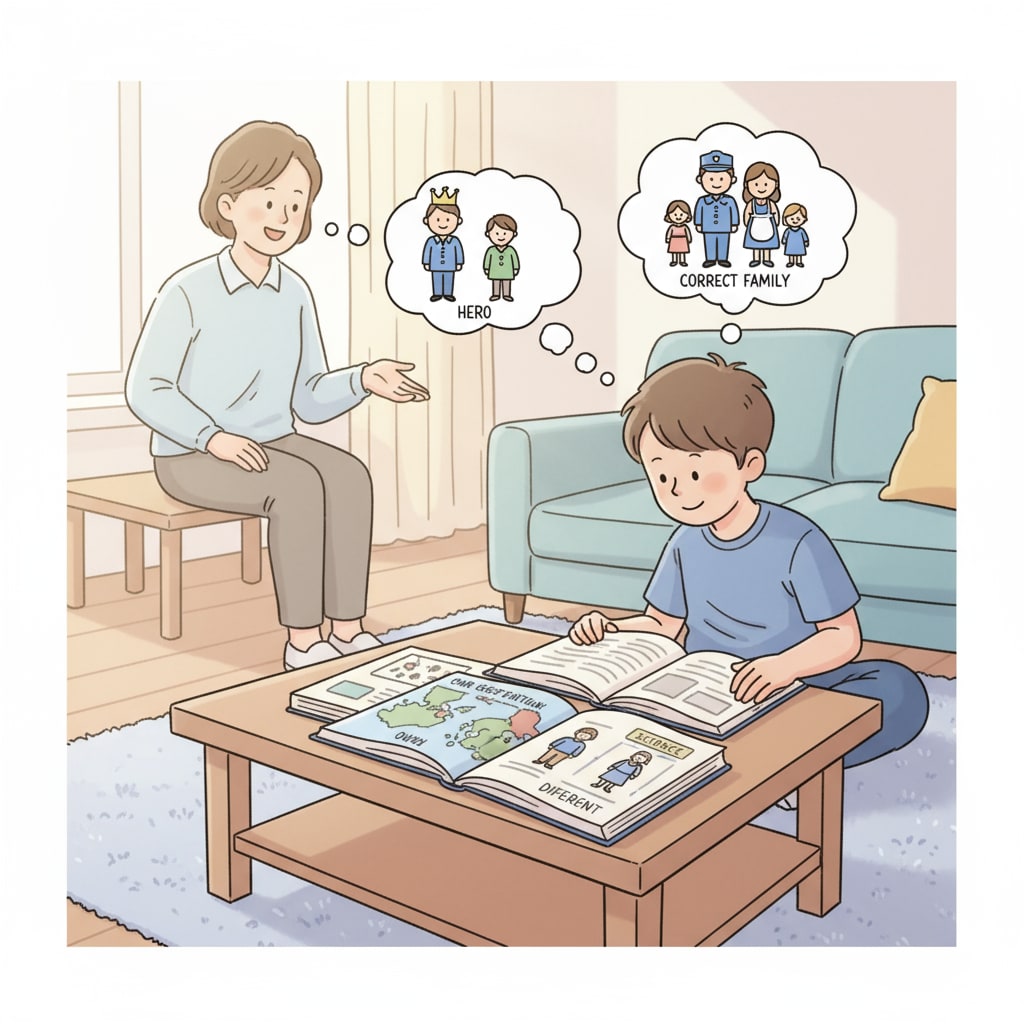Home schooling, bias transmission, and educational horizons are intertwined aspects that demand our attention. In recent years, the trend of home schooling has gained traction, with parents opting to educate their children at home. While this approach offers certain advantages, it also raises concerns about the potential for parents to pass on their biases and values rather than providing a well-rounded education.

The Allure of Home Schooling
Home schooling appeals to many parents for various reasons. Some seek to provide a more personalized learning experience tailored to their child’s specific needs and interests. Others may be dissatisfied with the quality of education in traditional schools or have concerns about the social environment. For example, parents might believe that home schooling allows their children to avoid negative peer influences. According to Britannica’s entry on home schooling, the flexibility of the home schooling schedule can also be a significant draw, enabling children to pursue extracurricular activities or travel more freely.
The Risk of Bias Transmission
However, one of the major drawbacks of home schooling is the potential for bias transmission. Parents inevitably have their own set of beliefs, values, and worldviews, which can inadvertently seep into the educational content they deliver. This could lead to a one-sided presentation of information. For instance, a parent with strong political or religious views might teach their child only from a particular perspective. As a result, children may grow up with a limited understanding of different ideas and cultures. Wikipedia’s page on home education also touches on this issue, highlighting the importance of exposing children to a diverse range of viewpoints.

Traditional schools, on the other hand, offer a more diverse environment. They bring together students from different backgrounds, and teachers are trained to present a balanced curriculum. This provides children with exposure to a wide array of ideas, helping them develop critical thinking skills and a broader perspective. In addition, the socialization process in traditional schools is an important aspect of a child’s development, teaching them how to interact with peers and navigate different social situations.
Readability guidance: As we’ve seen, home schooling has its attractions but also significant risks. By understanding these aspects, parents can make more informed decisions about their children’s education. It’s crucial to ensure that children receive a well-rounded education that broadens their horizons rather than confining them to a narrow set of beliefs.


